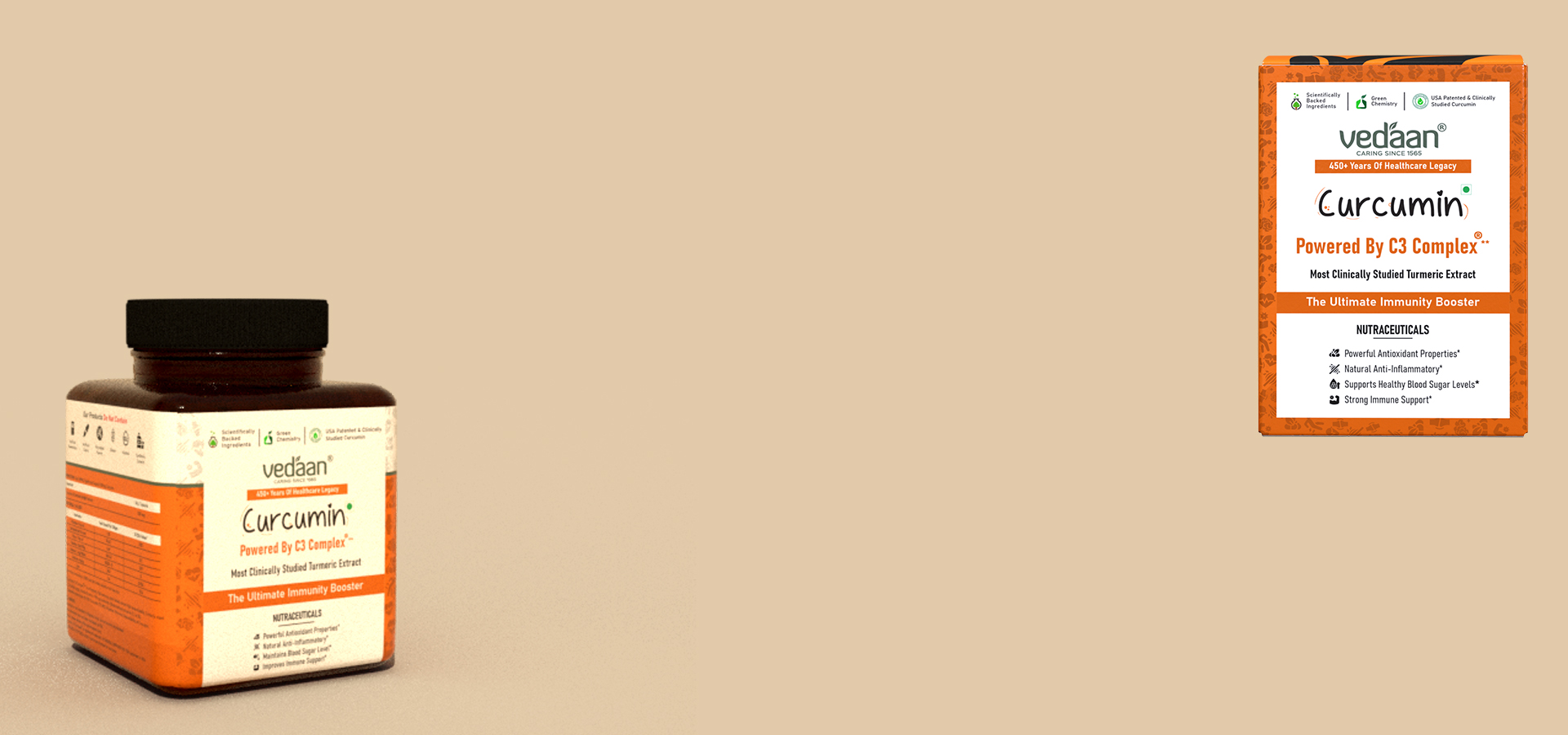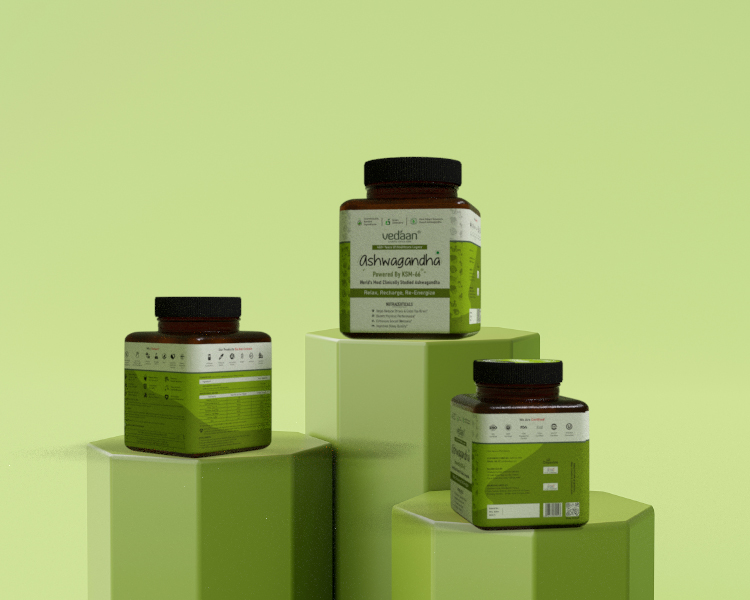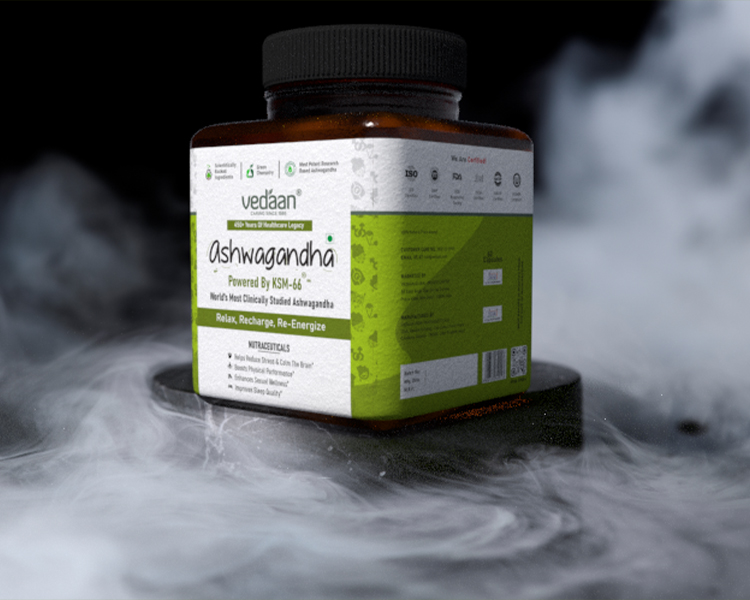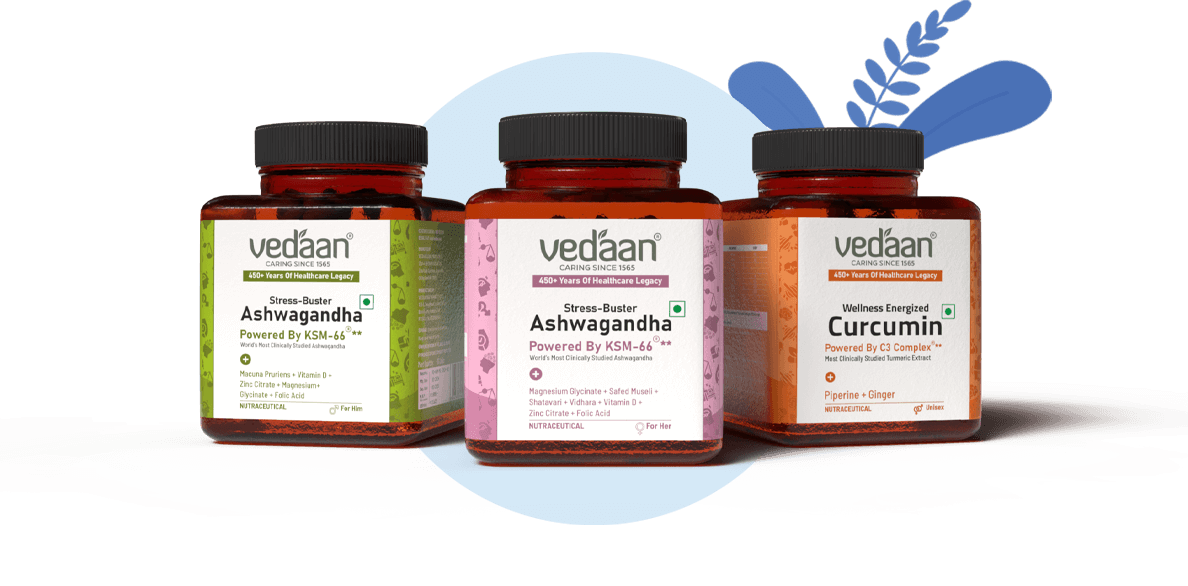Everyone reacts differently to different weather conditions. Some people can tolerate cold temperatures, while others cannot get out from under the covers. Cough, cold, joint pains, sinusitis, bloating, are some of the most common problems and health concerns that people experience during the winter.
So, how can we address these issues? An active component of turmeric, called curcumin, is the solution for winters. It is a natural antioxidant and has anti-inflammatory properties, healing powers, and many other benefits.
Curcumin helps to strengthen the body’s immune system, making it more resistant to disease. It also aids in the healing of common colds, winter sinus infections, painful joints, and indigestion. It also relieves sore throats and bacterial infections, which are common during the winter.
What Is Curcumin?
Curcumin is found in Indian spice turmeric (Curcumin longa), which is a type of ginger. Curcumin, along with desmethoxycurcumin and bis-desmethoxycurcumin, is one of three curcuminoids found in turmeric. It is a biologically active compound derived from the turmeric plant’s underground portion and a fat-soluble one that accounts for up to 77% of all curcuminoids.
Curcumin is extracted from the dried rhizome of the turmeric plant, a perennial herb widely cultivated in South and Southeast Asia. It exists in two tautomeric forms: keto and enol. In both solid and solution phases, the enol form is more stable.
Benefits of Curcumin in Winters
During the winter season as well, curcumin serves numerous benefits to the human body. Let us find out about all its advantages.
1. Curcumin for Respiratory Ailments
During the winter, we are all concerned about catching the flu or getting a cold and cough. Scientific research is beginning to provide supporting evidence that curcumin has been shown to suppress influenza virus infection. Its anti-inflammatory properties are also beneficial in the treatment of asthma which can worsen during the winter months.
Curcumin can also help protect against infection-related inflammation. It is particularly intriguing that pre-treatment with it may also protect against inflammation. For all these reasons, we recommend that you incorporate curcumin into your winter diet.
2. Curcumin As An Immune Stimulant
Curcumin’s immune benefits have been demonstrated in numerous studies. To protect against immune-related diseases, it interacts with immune cells. It has also been shown in studies to directly remove excess free radicals produced when the immune system is under attack. It not only acts as an antioxidant, but it also prevents the formation of reactive oxygen species.
3. Curcumin as An Arthritis Treatment
It is very common that a change in weather, particularly a drop in temperature, can cause increased joint pain. Cold and wet weather can cause muscle spasms and a decrease in blood circulation. This can aggravate pain sensations.
In a clinical study of 36 patients with rheumatoid arthritis, all inflammation markers were significantly improved when they took curcumin supplements. Its effectiveness was also demonstrated in a study of knee osteoarthritis, as people really benefitted from the curcumin supplementations.
4. Winter Skin Care with Curcumin
During the winter, sitting indoors, as well as the drying effect of heated air and water, can all strip our skin of moisture and protective oils. Those with pre-existing skin conditions, such as psoriasis vulgaris, may experience worsening symptoms during the cold months.
To treat these conditions, Ayurvedic medicine suggests taking curcumin supplements either in the morning or at night time. This is because curcumin is known to stimulate blood formation. It is also said to improve circulation by thinning out the blood. This allows it to enter the lymphatic system and other tissues and clean them.
Thus, curcumin supplementation is beneficial in treating dry or itchy skin during the cold winter months. For instance, in a 12-week study of patients with mild-to-moderate psoriasis vulgaris, curcumin supplements significantly reduced psoriasis area and severity. The progression of inflammation was also slowed.
5. Dealing with Indigestion
When the temperature drops, our bodies interpret it as a signal to begin conserving food and energy, which is why our digestive system slows down, and we experience bloating and indigestion in the winter. Curcumin aids digestion, reduces the burning sensation in the gut, and helps the body function normally by preventing bloating and gastric pains.
6. Curcumin Supplementation for Overall Health Benefits
Clinical trials have shown that low doses of curcumin supplements can provide health benefits to people who do not have diagnosed medical conditions.
In a study, 80mg of solid curcumin supplements were compared to a placebo. Improvements in sustained attention and working memory performance were observed just one hour after intake. A 4-week treatment of healthy people with the same dose was also carried out. Working memory, general fatigue, contentedness, and fatigue caused by psychological stress all improved significantly.
Curcumin may also help relieve symptoms of seasonal anxiety and depression in otherwise healthy people.
Conclusion
Curcumin is the most biologically active component of turmeric. Due to its anti-inflammatory and antioxidant properties, it is beneficial for cold-related respiratory illnesses, arthritis, digestive system, and skin disorders as well.
Curcumin is a powerful immune stimulant and serves several advantages for healthy people as well. Curcumin supplements have been shown in nearly every study to be effective, well-tolerated at higher doses, and generally free of side effects.
If you are thinking about adding turmeric pills (Curcumin) to your regimen, always talk to your doctor or primary care physician first. It is critical to ensure that any dietary supplement you use does not conflict with any medications you are currently taking.





